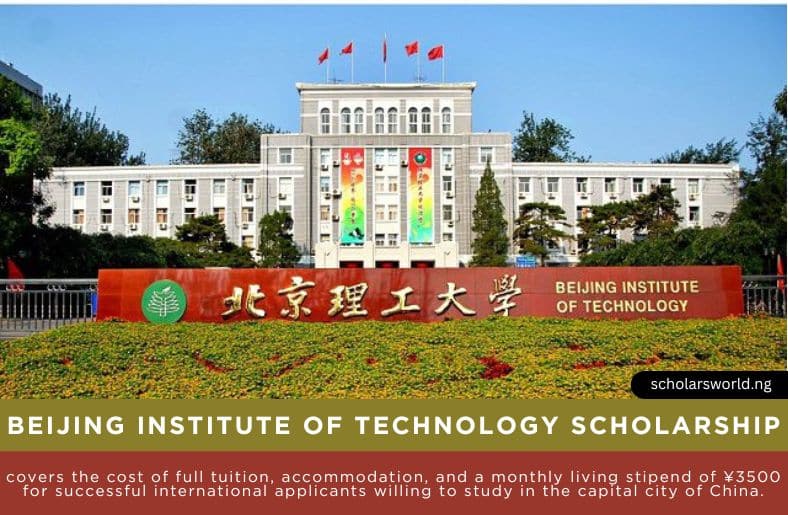Place your adverts here on InfoDig @ low rates; banner ads, sponsored links and guest articles etc. Contact us
The federal government has set $180 million aside to support young Nigerian women in technology and creative sectors.
The programme supports young Nigerians from ages 15 to 35, who are entrepreneurs and involved in early stages in creative, innovative and technology-enabled ventures.
Speaking in Washington at the World Bank’s Annual Meetings 2024, Wale Edun, finance minister and coordinating minister of the Nigerian economy, said that the government is doing a lot to advance the course of women who, according to him, are 49 percent of the country’s population and are critical in advancing development.
He, however, acknowledged that in terms of the improvement in the lives of women, social justice, equality, and access to opportunity, including finance, more needs to be done, as enough progress is not being made as required.
“If we empower our female population and give them the same access that we have given our men, society will be better off for it,” Edun noted, as he acknowledged the support of the World Bank so far in helping the government drive gender balance in the country.
He further said that the government has made deliberate efforts to lift Nigerian women, including a national action plan targeted at empowering them.
Meanwhile, the World Bank Group, on Thursday, took the first steps toward implementing ‘Gender Strategy 2030,’ announcing a set of actions and concrete goals that aim to boost economic opportunities for more women.
Read also: Eight women shaping Nigeria’s payment space
The targets, unveiled at a flagship event during the 2024 World Bank Group Annual Meetings, will focus on use of broadband, social protection, and access to capital to support women. These efforts will contribute to one of the three pillars of the Gender Strategy, which is dedicated to expanding and enabling women’s participation in the global economy.
By 2030, the World Bank Group aims to enable 300 million more women to use broadband, unlock essential services, financial services, education, and job opportunities. The bank plans to support 250 million women with social protection programmes, focusing especially on the poorest and most vulnerable, and providing 80 million more women and women-led businesses with capital.
“When we increase women’s economic participation, it not only boosts the global economy but also strengthens families and communities,” said Ajay Banga, president of the World Bank Group. “Through economic empowerment, we are building a ladder out of poverty and extending hope and dignity as far as possible.”
To achieve these targets, the global lender will focus on key efforts that will drive long-term, sustainable change. In the area of broadband access, the bank will prioritise investments in countries with the largest connectivity and financial gaps, emphasising gender equality in digital inclusion. The bank will also advocate policy reforms to facilitate private investment and build infrastructure in underserved areas.
The bank will also expand social protection programmes by investing in digital social registries, which are essential for improving efficiency, reducing bureaucratic barriers, and ensuring direct assistance to women.
The bank will also leverage digital cash transfers, linking them with skills training, business capital, coaching, and market access to equip women with the tools for sustained economic opportunities beyond temporary financial support.
Additionally, to bolster access to capital for women and women-led businesses, the bank will collaborate with regulators, financial institutions, fintech companies, incubators, accelerators, and private equity funds to prevent gender biases in lending practices, strengthen female entrepreneurs’ capacity, and improve access to credit and equity.
By working closely with development finance institutions and investors, the bank intends to also mobilise resources through gender bonds and other financial instruments, while generating knowledge to make the business case for necessary regulatory reforms.

 2 hours ago
30
2 hours ago
30












